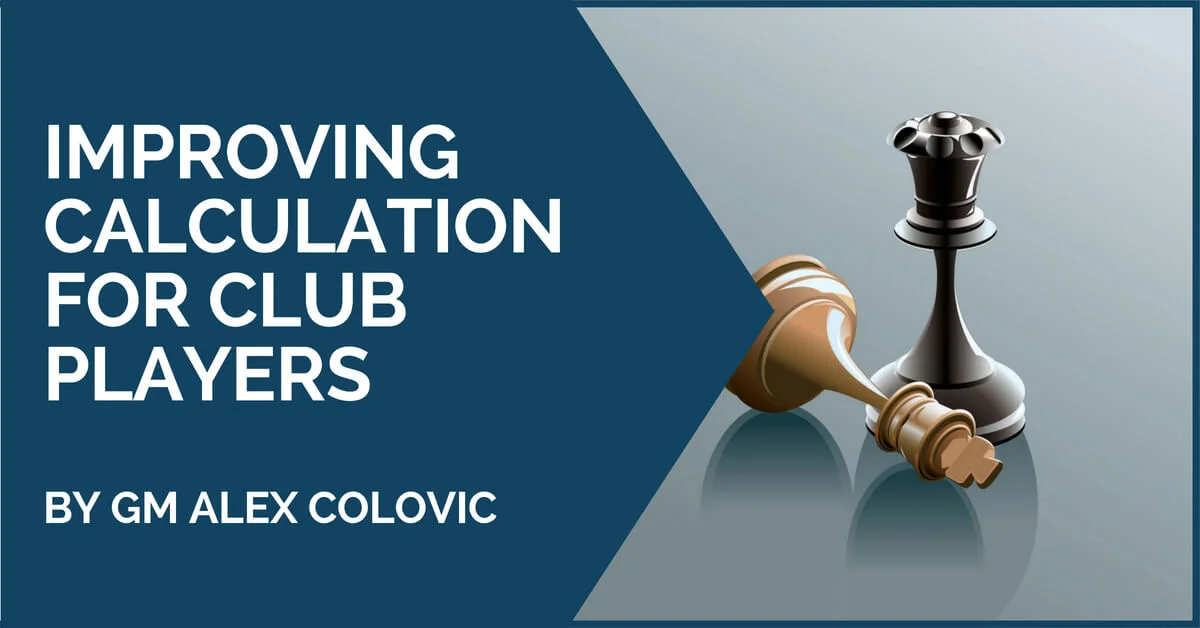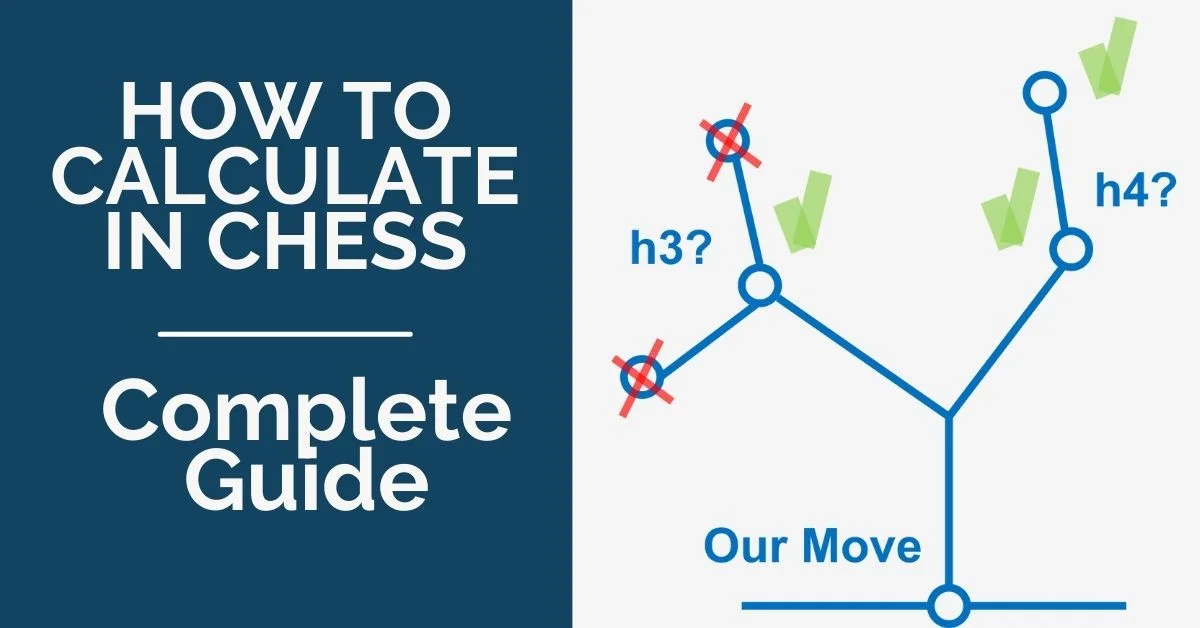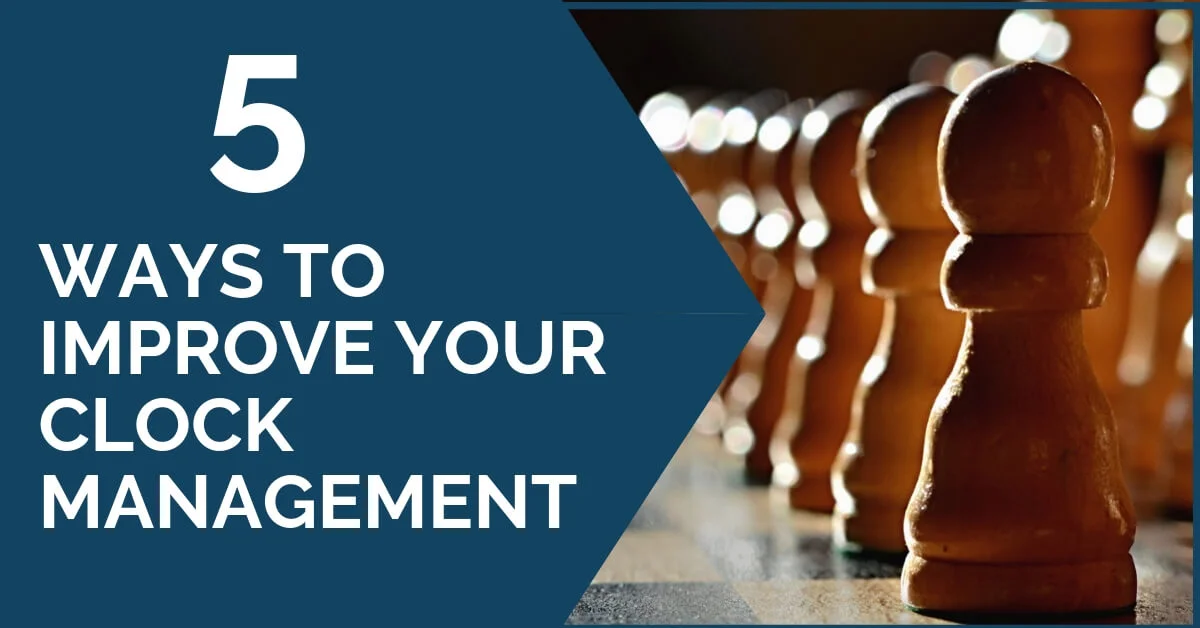Improving Calculation for Club Players

Chess is tactics. More than one strong player has said some variation of this truth. What does that mean? In simple words, it means that if you are not careful you will lose a pawn or a piece.
How do you become careful then? It all starts with board awareness. At all times you should know what is happening on the board. Where the pieces are, how they interact with each other. This awareness should be “on” at all times – don’t “forget” a piece or a pawn just because you’re calculating a sequence of moves on the other side of the board.
I used the word “calculating” and by that I mean the pedestrian “I go here, he goes there.” This mental process goes on at all times while the game is in progress and this makes it vitally important. Usually, the player who calculates better will win the game.
How do you calculate better? Before you calculate “better” you must first learn to calculate. The main difficulty of “I go here, he goes there” lies in the (in)ability to visualize the position after these moves have been made in one’s head. The more moves ahead one goes, the more problematic the visualization becomes. This explains now the importance of the board awareness I mentioned above. The better it is, the more difficult it will be to “fade away” when you move forward from the current board position.
The end of every calculated line should have a conclusion – an evaluation. It makes no sense to calculate a line and not know where it leads – to a good or less good outcome. Only with a clear evaluation in mind is it possible to choose the best variation.
Let’s summarise the process for the sake of further analysis:
- Board Awareness.
- “I go here, he goes there.”
- Evaluation of the position at the end of “I go here, he goes there.”
Now I will take a look at each point in more detail.
Board Awareness
This is the starting point because you must see what is happening in the position in front of you. If you don’t you can easily miss that your pawn is being attacked and lose it. It may sound simplistic, but in this phase, it is crucial not to rush.
Very often we take it for granted that we know how the pieces move and we rush over the moment of actually checking if something is being attacked or threatened.
Take your time (which will be tens of seconds, not more) and check carefully what is happening on the board – which pieces are attacking, which are defending, how they interact with each other. This phase is so important that if you fail here all the others will be useless. You may calculate perfectly, but if you miss that he can take your knight for free on move 1, what does it matter! So, take your time!
Calculation
What will drastically improve your calculation is a structured process. If your calculation is a mess it will be unproductive and inefficient, leading to all sorts of problems, from time-trouble to forgetfulness of which line was good and why. Hence, structure.
By structure, I mean starting the process with the identification of candidate moves. These are all the moves you find interesting and worthy of attention. In some positions, there will be less, in some more, but it is important to identify them at the beginning, before starting the actual calculation. This will give you a sense of control as you will know what your options are before embarking on “I go here, he goes there.”
Then you will start calculating these candidate moves. Start with the one you like best. Usually listening to one’s intuition is a good thing, so there must be some reason why you like a certain move. It makes sense to check that one first.
If your preferred move looks good, try to resist the temptation to play it before checking the others first. I have seen a lot of players do this and they miss excellent moves just because they were impatient. Curb your impulses and be disciplined in your thinking. Check the other moves first. Evaluate them. Then compare them to the move you liked best. If the move is still the best one, play it. If not, play the one that is.
The calculation can be simple or complex. If it’s a forced line, if the moves are obvious, then it’s simple as there is not much choice for the players. In such a case you should go forward until the forcing moves stop and then make an evaluation. In case there are many options for each side on every move, then the calculation is complex. In such a case limit yourself to no more than 2 or 3 moves ahead. Most blunders happen on the first 1-3 moves.
Evaluation
Every calculated line must end with an evaluation. Otherwise, you won’t know where you’ve arrived. Some evaluations are easy, for example when you end up a piece ahead, but others can be difficult.
Often you will have no idea what is going on in a position. You calculate and you arrive at a position where you just cannot understand what is happening. And that is perfectly OK! It happens to everybody, even Magnus Carlsen.
What is very important for those situations is that you become aware of how you feel about the position. This means that you become aware whether you like the position, whether you are comfortable in the position, whether you think it will be a position that is easier for you or your opponent. Any subjective impression you have of the position is a good one and should help in your decision whether it is a position you’d rather play or avoid.
We are often taught that the evaluation must be an objective one. This is true for positions that are easily defined: a pawn up, or a technical endgame. But often the positions will be unclear and in order to get a better grip of that “unclear” we need our feelings to lead the way. And these feelings are 100% subjective – what can be a comfortable position for one player can equally be uncomfortable for another.
The decision-making process in chess is a complex one and calculation is an integral part of it. By becoming better at calculation you will inevitably improve your decision-making process. The training for becoming better at calculation is a rather straight-forward one. It is a case of quantity becoming quality. This simply means you must solve thousands of calculational exercises. The more is indeed better in this case.
The good side is that solving a lot of tactical puzzles will improve all of the above points. You will become better at board awareness, you will have to consider candidate moves before starting the calculation and you will have to evaluate the end-position to know whether you’ve solved the exercise right. Now go on and grab that exercise book!
Good luck!










Comments: